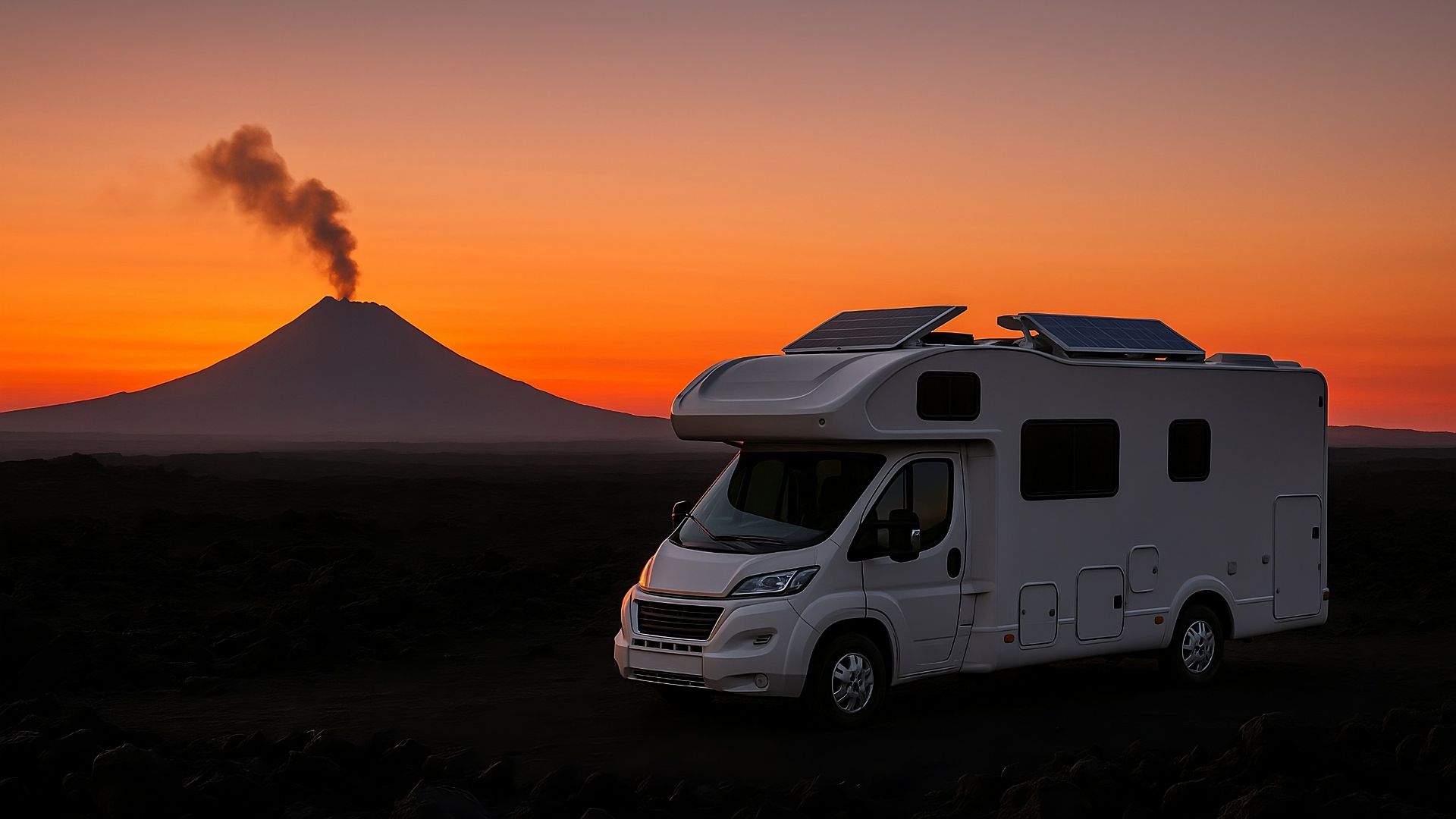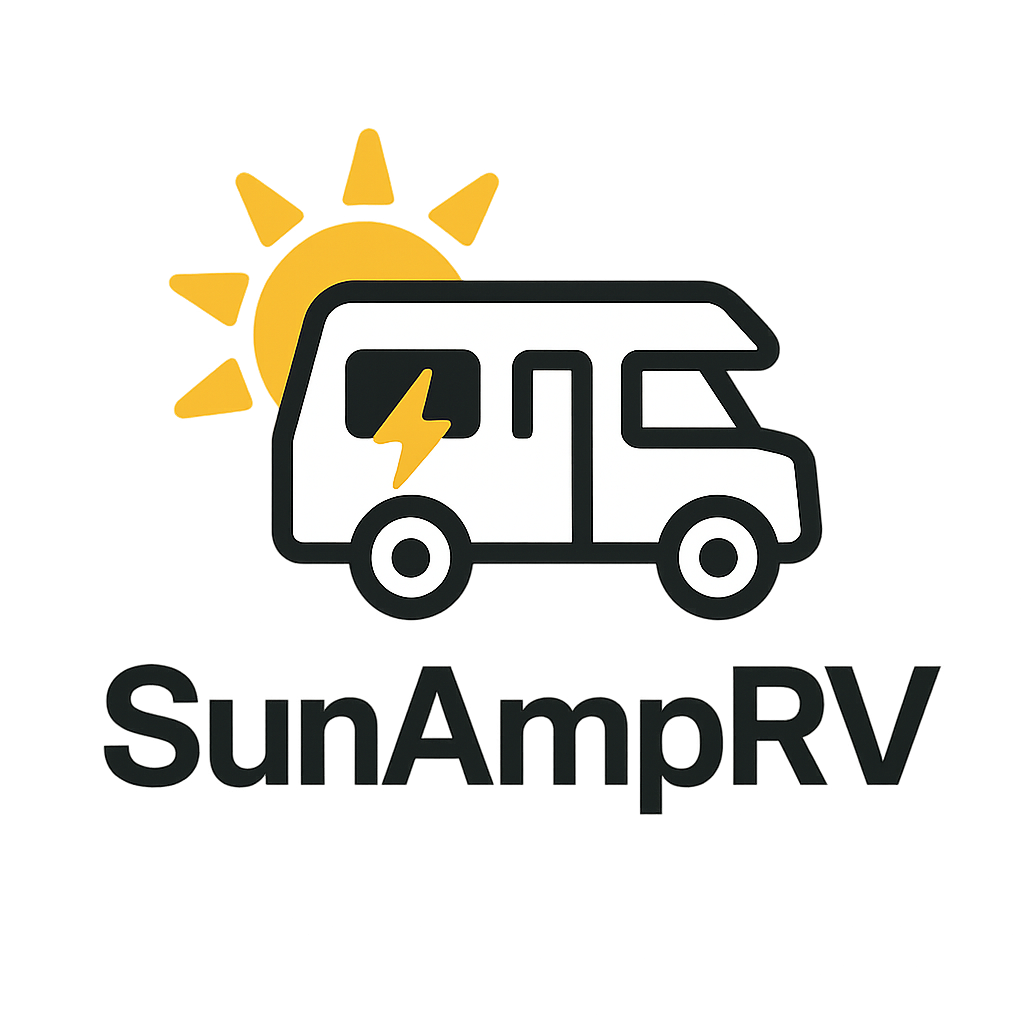
Harnessing solar energy efficiently requires the right components, and solar charge controllers play a crucial role in optimizing the performance of your solar power system. This article compares two leading brands in the market: Victron and Renogy. We’ll explore their features, advantages, and how to choose the best option for your needs.
Understanding Solar Charge Controllers
Solar charge controllers are essential for regulating the voltage and current from solar panels to the battery. They prevent overcharging and ensure the longevity of your system. There are different types of charge controllers, including Pulse Width Modulation (PWM) and Maximum Power Point Tracking (MPPT). Victron and Renogy offer both types, but their MPPT models are particularly popular for efficiency.
Victron Charge Controllers
Victron is renowned for its high-quality and reliable solar products. Their MPPT controllers are known for:
– Efficiency: Victron controllers boast high tracking efficiency, maximizing energy harvest.
– Connectivity: Many models offer Bluetooth connectivity, providing real-time monitoring and control.
– Durability: Built to withstand harsh conditions, making them ideal for various environments.

Victron Energy SmartSolar MPPT Solar Charge Controller (Bluetooth) – 100 V, 30 A, 12/24‑Volt
Renogy Charge Controllers
Renogy is a well-known brand providing affordable and reliable solar solutions. Their charge controllers are praised for:
– Affordability: Renogy offers competitive pricing, making them accessible for budget-conscious users.
– User-Friendly Interface: Easy setup and operation with intuitive displays.
– Versatility: Compatible with a wide range of solar panels and battery types.
Renogy 200 W Monocrystalline Solar Starter Kit

Victron vs. Renogy: Key Comparisons
- Performance: Victron generally offers superior performance in terms of tracking efficiency and advanced features, whereas Renogy provides reliable performance at a lower price point.
- Price: Renogy is more budget-friendly, making it suitable for beginners or those with limited funds.
- Features: Victron’s advanced features and connectivity options cater to users who need detailed monitoring and control.
Installation Steps for a Solar Charge Controller
- Select Your Components: Choose the compatible solar panels, charge controller, and battery. Consider options like Battle Born 100 Ah LiFePO₄ 12 V Battery for reliable energy storage.
- Mount the Solar Panels: Install solar panels in a location that receives maximum sunlight.
- Connect the Controller: Connect the solar panels to the charge controller. Ensure proper polarity to avoid damage.
- Connect the Battery: Attach the battery to the charge controller. Note: Portable power stations like the Jackery Explorer 1000 v2 Portable Power Station have built-in charge controllers and should not be wired directly to external solar charge controllers.
- Configure the System: Turn on the system and configure the charge controller settings according to the battery type and desired performance.
- Monitor and Optimize: Use Bluetooth or display options to monitor performance and make any needed adjustments.
Conclusion
Choosing between Victron and Renogy charge controllers depends on your specific needs, budget, and desired features. Victron excels in performance and advanced features, while Renogy offers solid performance at a more affordable price. Both brands provide reliable solutions for managing your solar energy system. Whether you’re a seasoned solar enthusiast or a beginner, understanding these options will help you make an informed decision.
BougeRV Yuma 200 W Flexible Solar Panel
EcoFlow DELTA 2 Portable Power Station (1024 Wh)

